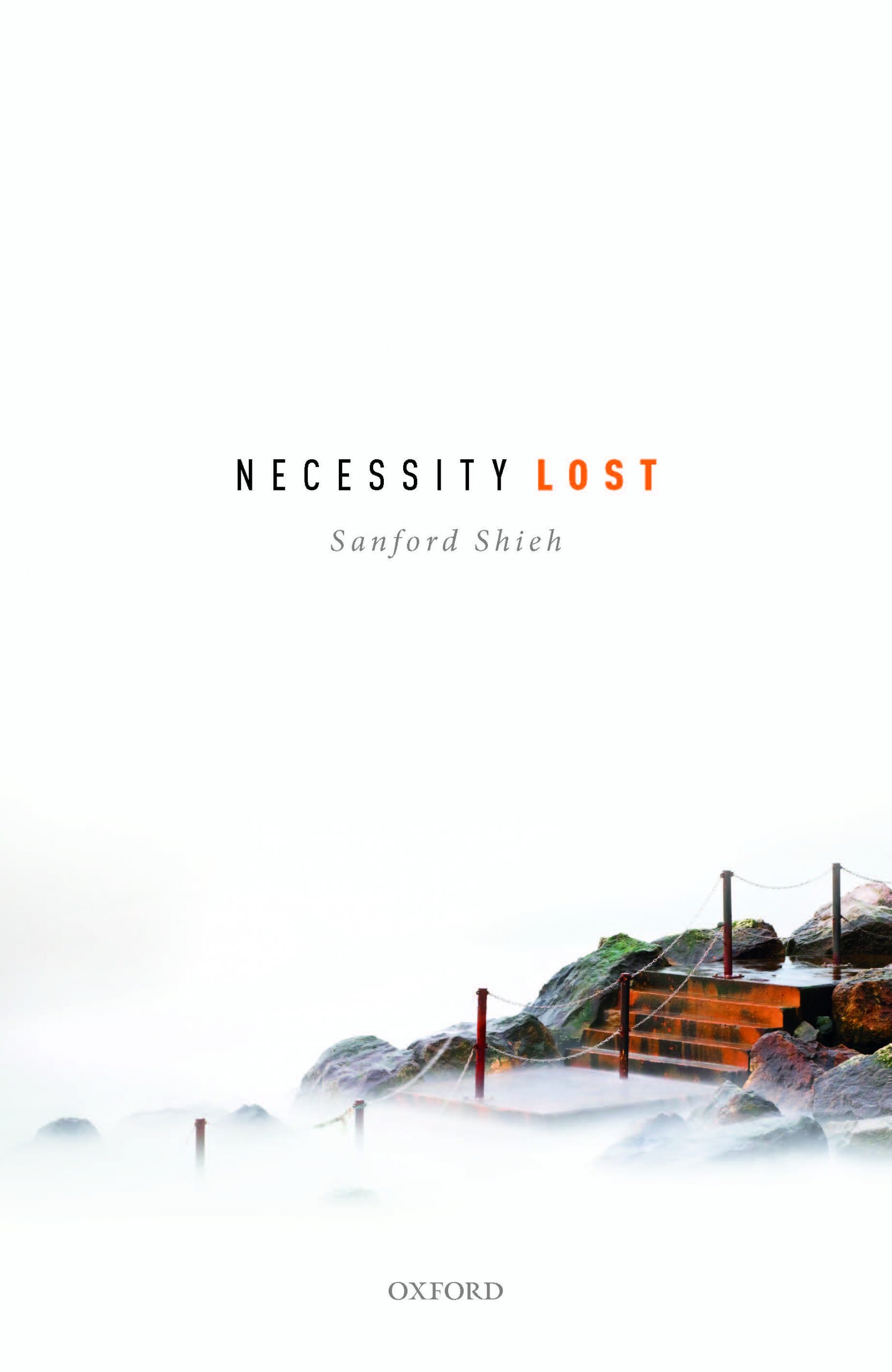| |
Zoom 1 |
Zoom 2 |
Zoom 3 |
Zoom 4 |
Zoom 5 |
| |
Chair: Philipp Leon, BAUER
HOAP |
Chair: Henning, HELLER,
Frege |
Chair: Georg, SCHIEMER,
Carnap |
Chair: Luca, OLIVA,
Wittgenstein |
Chair: Felix, DANOWSKI,
Analytic/Continental |
| 09:00-09:45 |
CANCELLED
Sebastian Sunday, GREVE
“Turing’s Philosophy of Intelligence”
|
Sorin, COSTREIE
“Fregean Acquaintance” |
Naomi, OSORIO-KUPFERBLUM
“Ryle’s and Carnap’s Impact on Goodman’s Notions of Linguistic Aboutness” |
Michael, SCHMITZ
“Wittgenstein contra Frege on Force” |
Michal, DOBRANSKI
“Arthur Schopenhauer’s Philosophy of Language: from German Idealism towards Analytical Philosophy” |
| 09:55-10:40 |
Chen, BO
“Russell and Jin Yuelin on Truth: A Comparative Study” |
Tabea, ROHR
“Frege on Geometry” |
Giorgio, CASTIGLIONE
“A ‘Third Man’ in the Debate? Arthur Pap’s Conception of the A Priori between Carnap and Quine” |
Giovanni, MION
“Did Wittgenstein read Cassirer?” |
Aleksandra, GOMULCZAK
“An Attempt to recognize the Relationship between Analytic and Continental Philosophy” |
| 10:50-11:35 |
Chengcheng, GU
“A Comparative Study of Shen Yu-ting and Husserl’s Theory of Meaning” |
Indrek, LOBUS
“Frege Against Textbook Logical Atoms” |
CANCELLED
Flavio, BARACCO
“Carnap’s Intellectual Development in the Early 1920s: Encounters with Husserl’s Circle” |
Florian, FIGUEIREDO
“Wittgenstein and the Conception of Hypotheses” |
Maximilian, NOICHL
“Quantifying the Analytic/Continental Divide” |
| 11:45-12:30 |
|
Anton, ALEXANDROV
“Is Frege’s Logical Analysis of Arithmetical Notions an Instance of Carnapian Explication?” |
Robert, MICHELS
“Lewis’s Counterpart Theory and the Aufbau” |
CANCELLED
Anton, LEODOLTER
“An Arduous Journey – The Concept ‘Illusion in Wittgenstein Scholarship and Cavell’s Solution” |
Eugenio, PETROVICH
“Uncovering the Social Network of Recent Analytic Philosophy by the Analysis of Acknowledgments in Academic Publications” |
| 12:30-14:00 |
Lunch Break |
| |
Chair: Paola, CANTÙ, Symposium
Scientific Philosophy |
Chair: Name, Dejan, MAKOVEC, Symposium
Brentano and the Origins of Analytic Philosophy |
Chair: Georg, SCHIEMER,
Russell |
Chair: Anton, ALEXANDROV,
HOAP |
Chair: Richard, LAWRENCE,
Philosophy of Mathematics |
| 14:00-14:45 |
Gabriella, CROCCO
“Emile Boutroux and “Scientific” Philosophy” |
Mark, TEXTOR
“Stout’s take on the Tripartite Distinction” |
Ryo, ITO
“Two Epistemological Problems in the early Russell’s Ontology” |
|
Inger Bakken, PEDERSEN
“Coherentist Structuralism: A Metaontological Inquiry” |
| 14:55-15:40 |
Francesca, BIAGIOLI and Michael, STOELTZNER
“How Far Should Concepts Grow? Federigo Enriques on Mathematics, its Justification and its Application” |
Rory, MADDEN
“Self-Awareness in G.E. Moore’s ‘Refutation of Idealism’” |
Nikolay, MILKOV
“Bertrand Russell’s Philosophical Logic and Its Logical Forms” |
CANCELLED
João Esteves, DA SILVA
“Reading Wittgenstein with Ryle: Reconsidering the Roots of Non-Metaphysical Readings of the Tractatus” |
Gareth, PEARCE
“Why Formalism died too early and why Lewis should have brought it back” |
| 15:50-16:35 |
Flavia, PADOVANI
“Scientific Philosophy in Exile: Reichenbach and Rougier” |
Consuelo, PRETI
“The Extrusion of Thought from the Mind: Brentano and Moore on the Nature of Judgment” |
Joan, BERTRAN SAN-MILLÁN
“Russell and Peano on the Independence of the Axioms of Arithmetic” |
Alexander, KLEIN
“From Willing to Meaning: William James on Mental Content” |
|
| 16:45-17:30 |
Panel Discussion (Garbriella CROCCO, Francesca BIAGIOLI, Michael STOELTZNER and Flavia PADOVANI) |
Aviezer, TUCKER
“The Pre-history of Analytical Philosophy of History” |
Russel, WAHL
“Russell and Kant: The Question of Intuition, revisited, or Did Russell misunderstand Kant?” |
Christopher Alan, CAMPBELL
“Generality and the Enumerability of Instances in Wittgenstein’s Tractatus and Beyond” |
|
| |
|
|
|
|
|
| 18:00-19:30 |
Keynote: Martin, KUSCH,
“Is Georg Simmel Part of the History of Analytic Philosophy?” |
| |
|
|
|
|
|
| |
Chair: Rachel, BODDY, Symposium
Mathematical Definitions in Early Analytic Philosophy |
Chair: Christoph, LIMBECK, Symposium
Representation and Logic in Wittgenstein’s Tractatus |
|
|
|
| 19:45-20:30 |
Erich, RECK
“On Frege’s and Dedekind’s Definitions of Number” |
* 19:45-20:00
Mahmoud, JALLOH
“Structuralism in the Tractatus”
* 20:00-20:15
Sophia, ARBEITER
“Representation and Truth in the Tractatus”
* 20:15-20:30
Comments on Jalloh and Arbeiter |
|
|
|
| 20:40-21:25 |
Paola CANTÙ
“Definitions in the Peano School” |
* 20:40-20:55
Summary/More Comments/Q&A
* 20:55-21:10
Joshua, EISENTHAL
“Propositions as Pictures”
* 21:10-21:25
Sanford, SHIEH
“Possibility and the Undepictability of Form in Wittgenstein’s Tractatus“ |
|
|
|
| 21:35-22:20 |
CANCELLED
Sean, MORRIS
“Russell on Philosophical and Mathematical Definitions in Principles of Mathematics” |
* 21:35-21:50
Summary/Comments on Eisenthal & Shieh
* 21:50-22:00
Response Comments & Discussion
* 22:00-22:20
General Discussion / Q&A |
|
|
|
